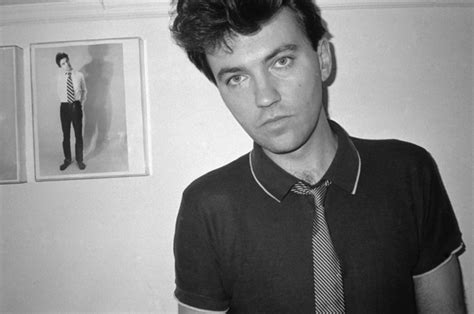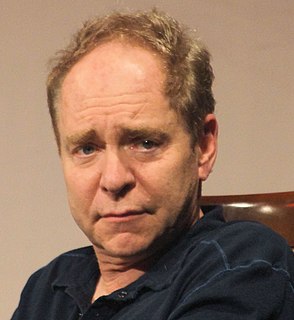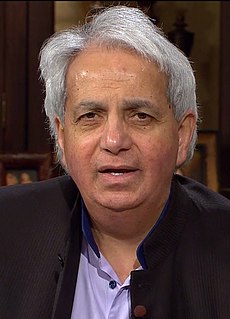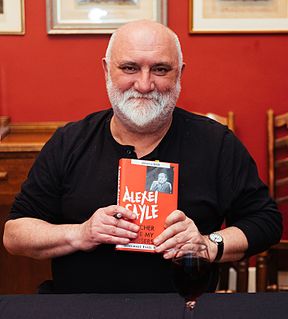A Quote by Lawrence Ferlinghetti
To say one is revolutionary is a little like saying one is a Zen Buddhist - if you say you are, you probably aren't.
Quote Topics
Related Quotes
The great achievement of Zen Buddhism, and all of its cultural expressions in painting or the tea ceremony or rock gardens, is a rejection of earlier Buddhist ideas which were dependent
upon narrative - all the mythological creatures that populate the Buddhist galaxy. Zen insisted on the real located in nature.
The most important part of the practice is for the question to remain alive and for your whole body and mind to become a question. In Zen they say that you have to ask with the pores of your skin and the marrow of your bones. A Zen saying points out: Great questioning, great awakening; little questioning, little awakening; no questioning, no awakening.
It's pretentious to say, but my art is like a little Zen story, a story with a question mark at the end. People can take from it what they need. If somebody says, "Your art is very funny," I say, "You are totally right." If somebody says, "Your art is very sad," I say, "You are totally right." In Japan they say, "Your art is very Japanese, you even look Japanese.Your great-grandfather was most surely a Japanese man." And I say, "You are totally right."






































